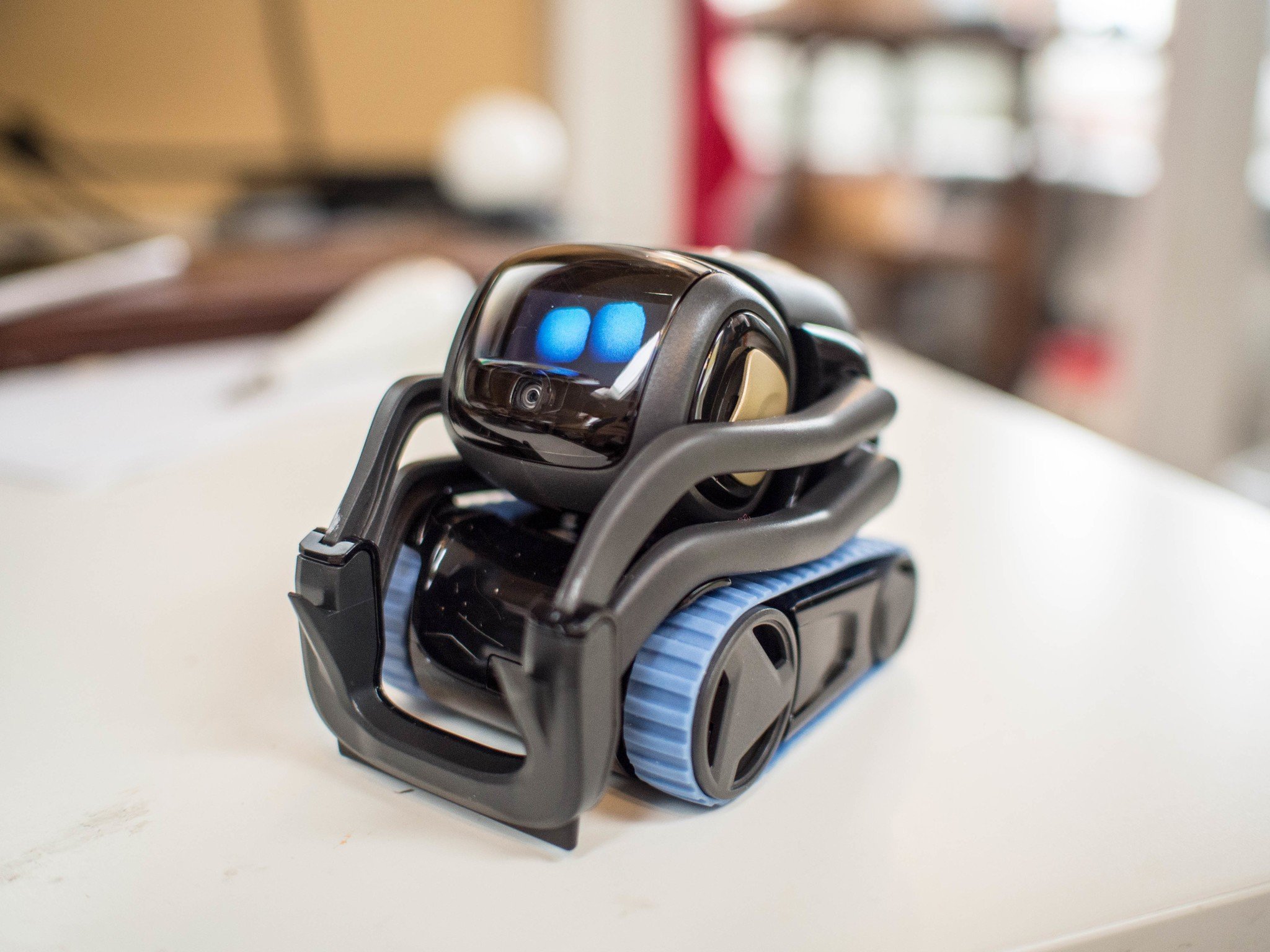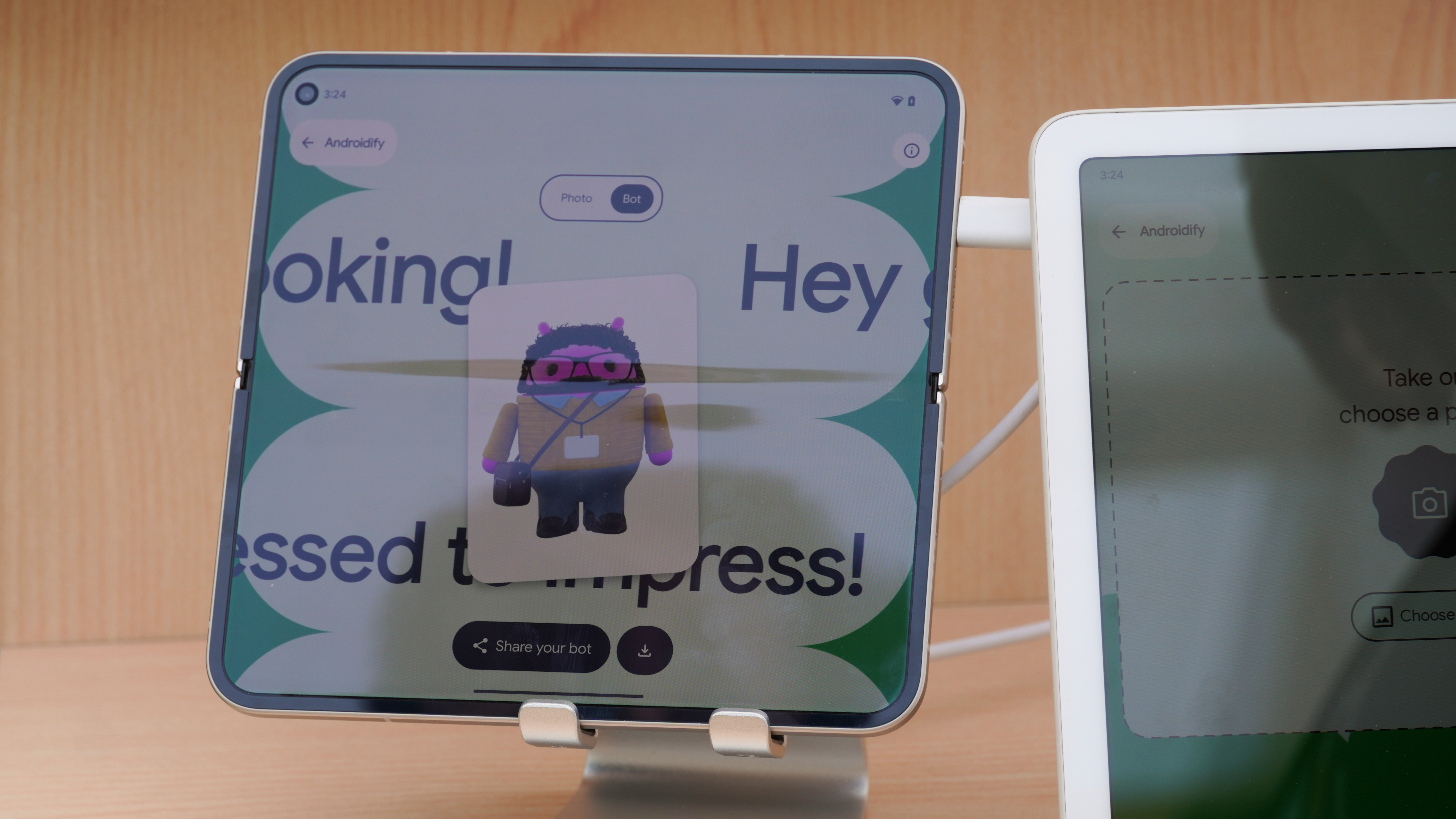MrMobile's Anki Vector obituary reminds me that the cloud isn't always the answer

I've never owned a "social robot," and if Jibo and the Anki Vector are any sign of the state of these niche gadgets, I don't expect that to change any time soon. Both were fairly simple robots that specialized more in companionship than sheer functionality, and both came to untimely ends; less than two months after Jibo Inc. shut its doors, Anki announced that it, too, was going out of business.
While that's sad news on its own, it highlights a larger issue surrounding the idea of connected gadgets that rely on the cloud for even basic functionality. While Vector can still operate on very limited functionality without its parent company, its more personable features like speech recognition is all cloud-based. With the shuttering of Anki, that's all gone, and customers are mostly left with a $250 paperweight.
That's a scary thought that translates to other, more ubiquitous connected devices. Take the Google Home Mini, for example, which is nothing more than Google Assistant baked into a small speaker. Without being able to connect to the cloud, the Home Mini becomes nothing but a Bluetooth speaker — you can't even ask for the weather.
Sure, it's a bit less likely that Google closes up shop tomorrow, but the point is that this sort of thing can happen to companies — especially smaller startups — without warning. In that event, it's hard to be sure what all functionality will continue to work as usual and what features you'll lose. There's also no telling what will become of the data you've allowed to be sent to the cloud, particularly with products like Vector that have cameras and microphones.
Obviously, the answer isn't to avoid the cloud entirely; I think the more important takeaway is to keep a close eye on the companies whose cloud-based products you're spending your money on. If LIFX were to go out of business tomorrow, I'm not sure my smart lights would even work anymore, and I don't love the idea that the money I've spent on them would be wasted.
For more context on Vector and its parent company, Anki, check out MrMobile's post-mortem video linked above.
Get the latest news from Android Central, your trusted companion in the world of Android

Hayato was a product reviewer and video editor for Android Central.
